|
Close to 300 million learners have been affected by COVID-19 related closures of schools and colleges across the continent. In dozens of countries efforts are being made to ensure the pupils and students at tertiary institutions can continue learning. This is possible thanks to education technology, virtual classrooms, TV, radio and online platforms. All are filling the learning gap. But, as Moses Ngware explains, the crisis triggered by COVID-19 has exposed huge gaps in African countries that make delivering education remotely impossible.
You can also catch up on the articles published this week on COVID-19 here.
|

With schools closed, learning continues through mass communication and internet-based resources.
GettyImages
Moses Ngware, African Population and Health Research Center
At the national and school levels, education technology (also known as EdTech) is closing the learning gap.
|
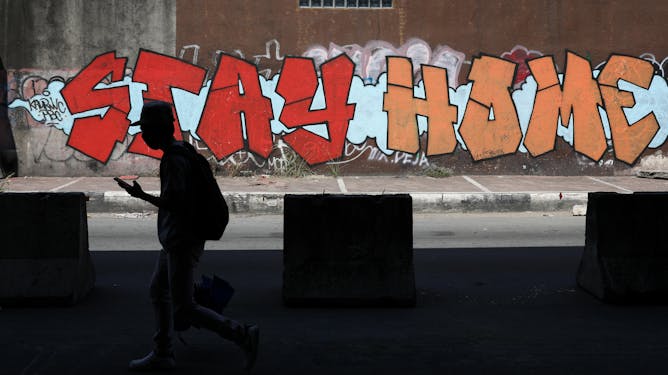
Mark R. Cristino
Fron Jackson-Webb, The Conversation
This weekly column by our team of international health editors highlights more of the recently published articles from The Conversation’s global network.
|
COVID-19
|
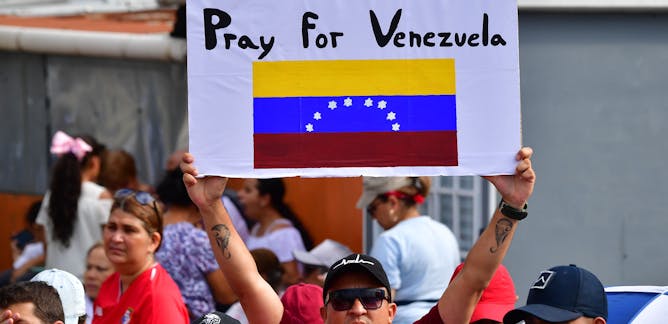
David Smilde, Tulane University; Hugo Pérez Hernáiz, Universidad Central de Venezuela
If anyone can convince the Maduro government and the Venezuelan opposition to come together to fight COVID-19, it's the Pope. But the Church's power to negotiate an emergency deal is limited.
| |
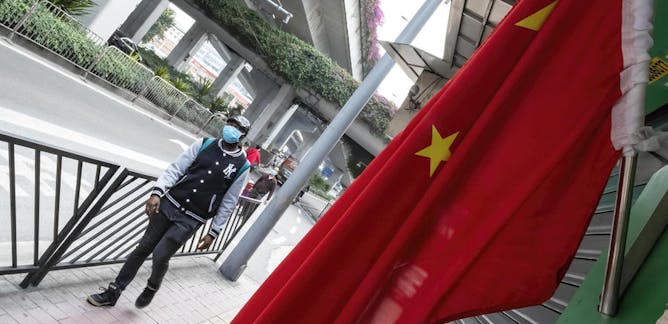
Hangwei Li, SOAS, University of London
Racism, xenophobia or insensitivity? The treatment of Africans in Guangzhou has sparked diplomatic anger.
|
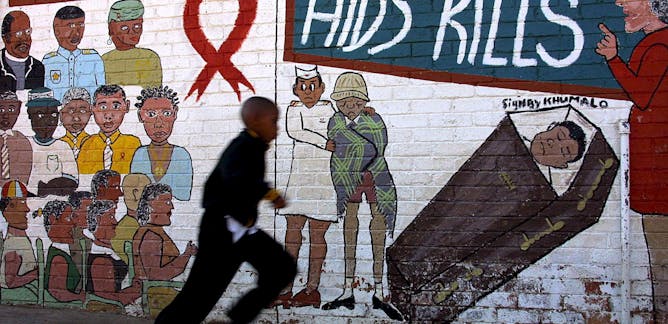
David Dickinson, University of the Witwatersrand
Attempting to defeat these folk theories with science achieved little; the myth busters of the AIDS epidemic were talking past those they were trying to convince.
| |

Stephan Lewandowsky, University of Bristol; John Cook, George Mason University
Conspiracy theories and misinformation about coronavirus damage society in a number of ways.
|
|
|
Environment and Energy
|
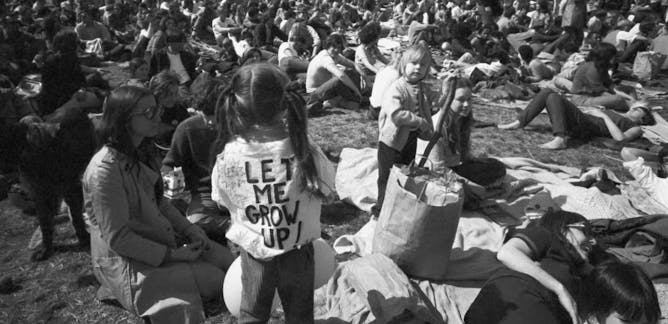
Philippe Tortell, University of British Columbia
When the current crisis passes, we must seize the opportunity to re-imagine, and to create, a different kind of future.
| |
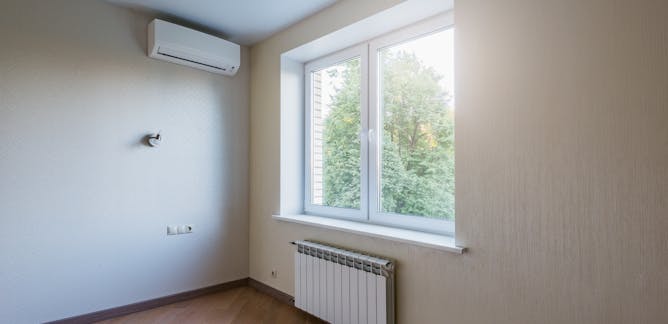
Kevin Van den Wymelenberg, University of Oregon; Leslie Dietz, University of Oregon; Mark Fretz, University of Oregon
We spend 90% of our lives indoors, and every building has its own indoor microbiome. Can we learn to manage them in ways that support helpful microbes and suppress harmful ones?
|
|
|
En Français
|
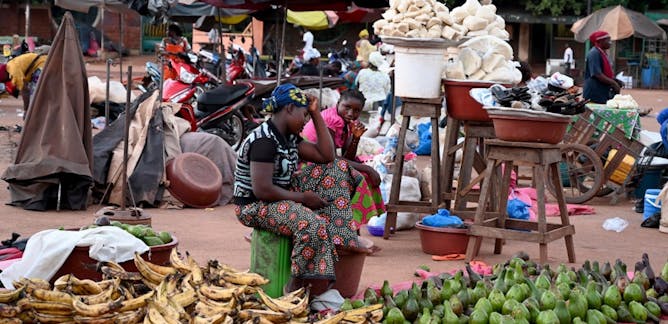
Flore Gubert, Institut de recherche pour le développement (IRD)
Dans les pays en développement, les mesures sanitaires entraînent des pertes de revenus importantes pour les travailleurs informels. Elles pourraient aussi les priver de l’argent de la diaspora.
| |

Margaux Magalhaes, Sciences Po Lille
L’offensive syrienne sur la poche d’Idlib a forcé la Turquie à se tourner vers Washington et vers l’OTAN. L’alliance d’Ankara avec les forces occidentales reste toutefois fragile.
|
|
|